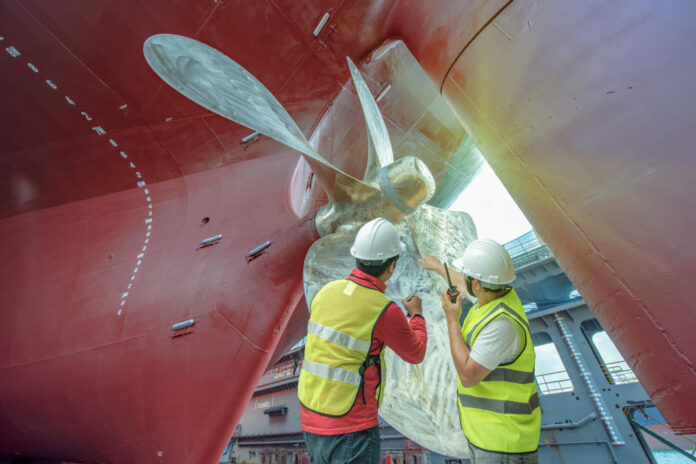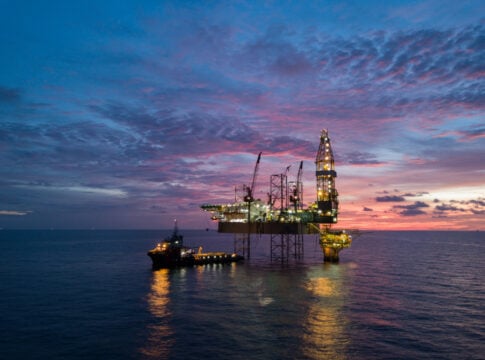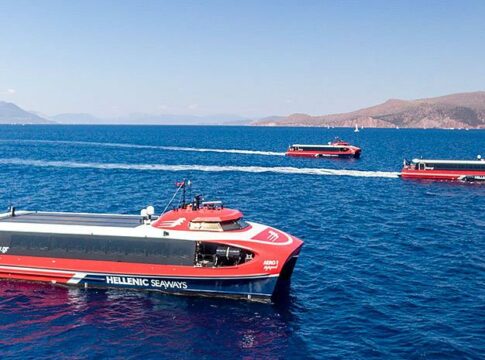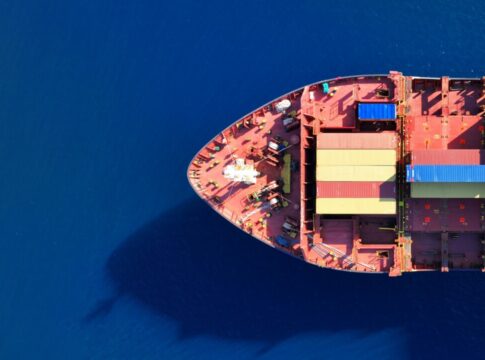A series of shipping companies started the replacement or modernization of the fleet in 2024 in order to meet the new EU environmental regulations, with the aim of reducing gas emissions.
The two shipping groups Attica Group and Grimaldi have already started their shipbuilding programs, in order for their fleet to gradually proceed with the green transition, while the Ministry of Maritime Affairs has undertaken initiatives to regulate the market and secure European funds.
The Attica Group has already signed an agreement for the construction of 2 large E-Flexer type coastal vessels, which will be built by Stena RoRo at the CMI Jinling Weihai shipyard in China and their delivery is scheduled for April and August 2027. The new vessels will be certified methanol ready and battery ready, with engines designed to operate on 3 different types of fuel.
The agreement also includes the prospect of expanding the construction of 2 additional ships by Stena RoRo on behalf of Attica.
It also intends to acquire two more Aero Catamaran high-speed vessels of a larger capacity than the three it already operates in the Saronic Gulf and which have been acquired gradually since 2022.
At the same time, the new shipbuilding program of the Grimaldi group concerns a total of nine Ro Pax, of which four are intended for the Grimaldi group, three for Finnlines and two for Minoan Lines.
The agreement, which is scheduled to proceed and be completed in 2025, is valued at approximately 1.5 billion dollars.
The six new ships for Grimaldi Euromed and Minoan Lines will be “methanol-ready” and equipped to carry 2,500 passengers and 300 cars, while they will have 300 cabins and 3,300 linear meters of garage space.
The ETS emissions trading system is what each coastal shipping company will have to buy for every ton of fuel it burns, the stock market value of the carbon dioxide it emits, while at the same time the implementation of the EU regulation FuelEU Maritime obliges coastal shipping ships to consume low-sulfur fuels, which are also more expensive than regular fuel oil.
Everyone hopes that the country will be able to attract the interest of major investors, as the coastal shipping industry is now called upon to face one of the biggest challenges, which is the replacement of the fleet towards the green transition.














